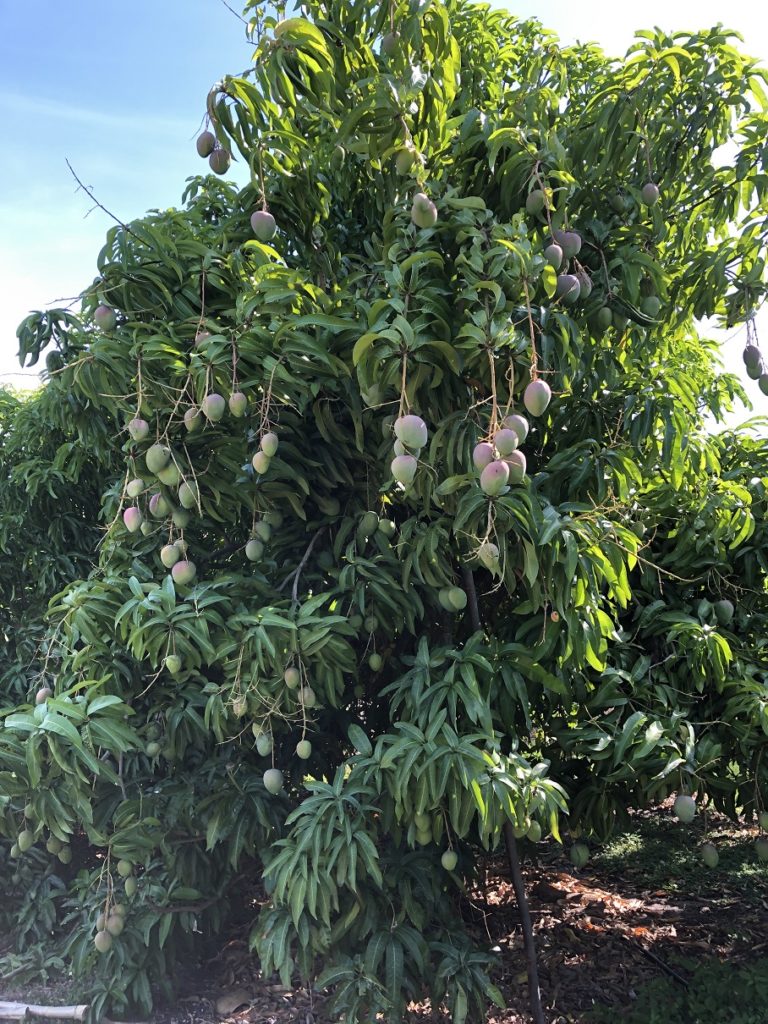By Clint Thompson
Mango production in Florida looks much different than it did many years ago. Producers are growing varieties not grown in other countries. They are also marketing their crop much differently than in previous years.

Jonathan Crane, associate center director and tropical fruit specialist at the University of Florida Institute of Food and Agricultural Sciences Tropical Research and Education Center, discussed the current industry that is still prevalent in South Florida.
“Our industry has really transformed itself into growing what we could call specialty mangoes,” Crane said. “These people are growing varieties that are very different from what’s in the major grocery stores. The people who know mangoes are willing to pay quite a bit more money for these specialty mangoes.”
Crane said Florida’s mango production is about 1,200 acres, though it used to be larger. Competition from other countries reduced Florida’s acreage.
The mango market is generally divided into three types. There’s a green market where the fruit is harvested when it is still green and hard. It is consumed like an apple. Then there are baby mangoes where they are picked about halfway through their regular growth and are processed. Then there are the specialty variety markets which are popular in Florida.
“They are growing varieties that are very different than what’s in the major commercial trade. These specialty varieties have different shapes, sizes, flavors and fiber content. People who really know mangoes seek these out,” Crane said. “They don’t have to be quarantined treated or heat treated before they are put in the market. Many of these smaller producers that are growing these specialty mangoes, they don’t generally go through the big packing houses. They have direct relationships with stores.”
Mangoes that imported into the U.S. have to be treated with a quarantine treatment, due to a potential for fruit flies to infest the mango fruit. To prevent the fruit fly from being introduced into the U.S. the fruit must be treated to kill any fruit fly larvae that might be in the pulp. They do that by a hot water treatment.
The fruit is placed in hot water for a ‘x’ amount of time at a certain temperature to make sure it kills any larvae that might be in the pulp. Then they cool and ship them to the U.S.
Along with growers producing more specialized mango varieties, they are offering their products through various marketing opportunities. Crane said a lot of mangoes are sold online or in direct sales. Producers also have direct relations with specialty stores.









